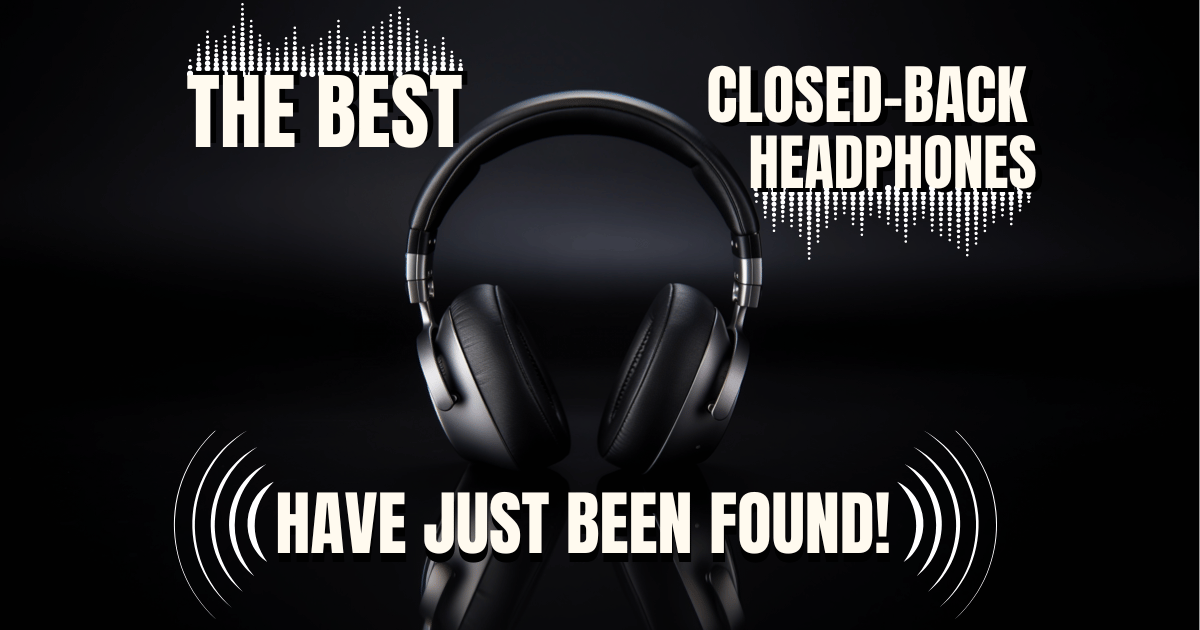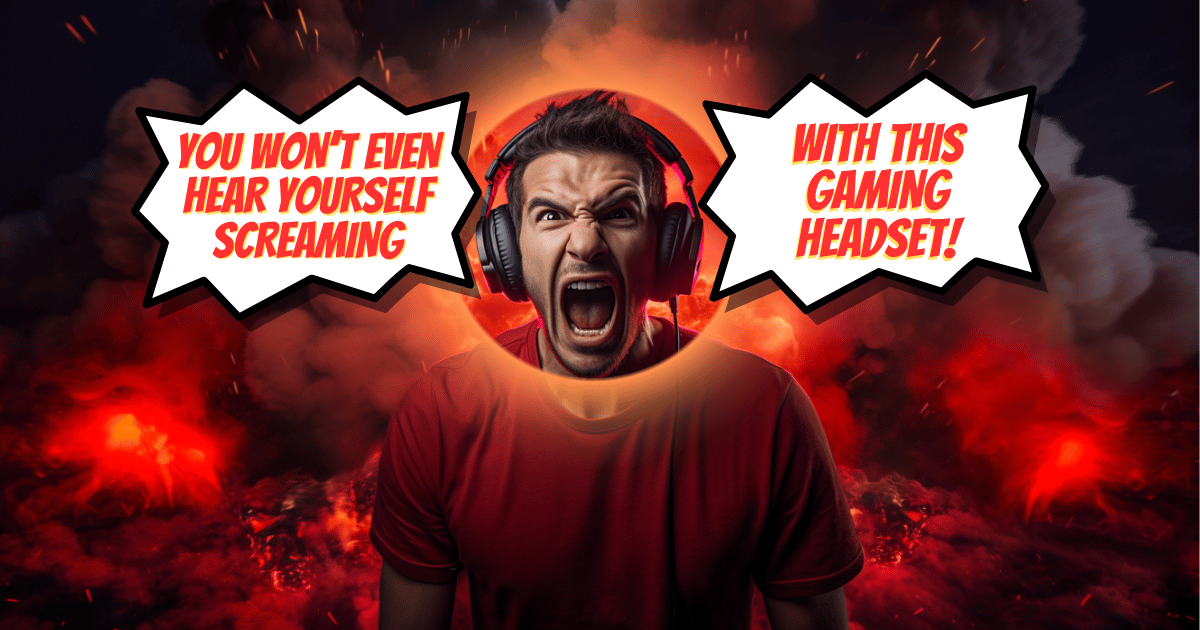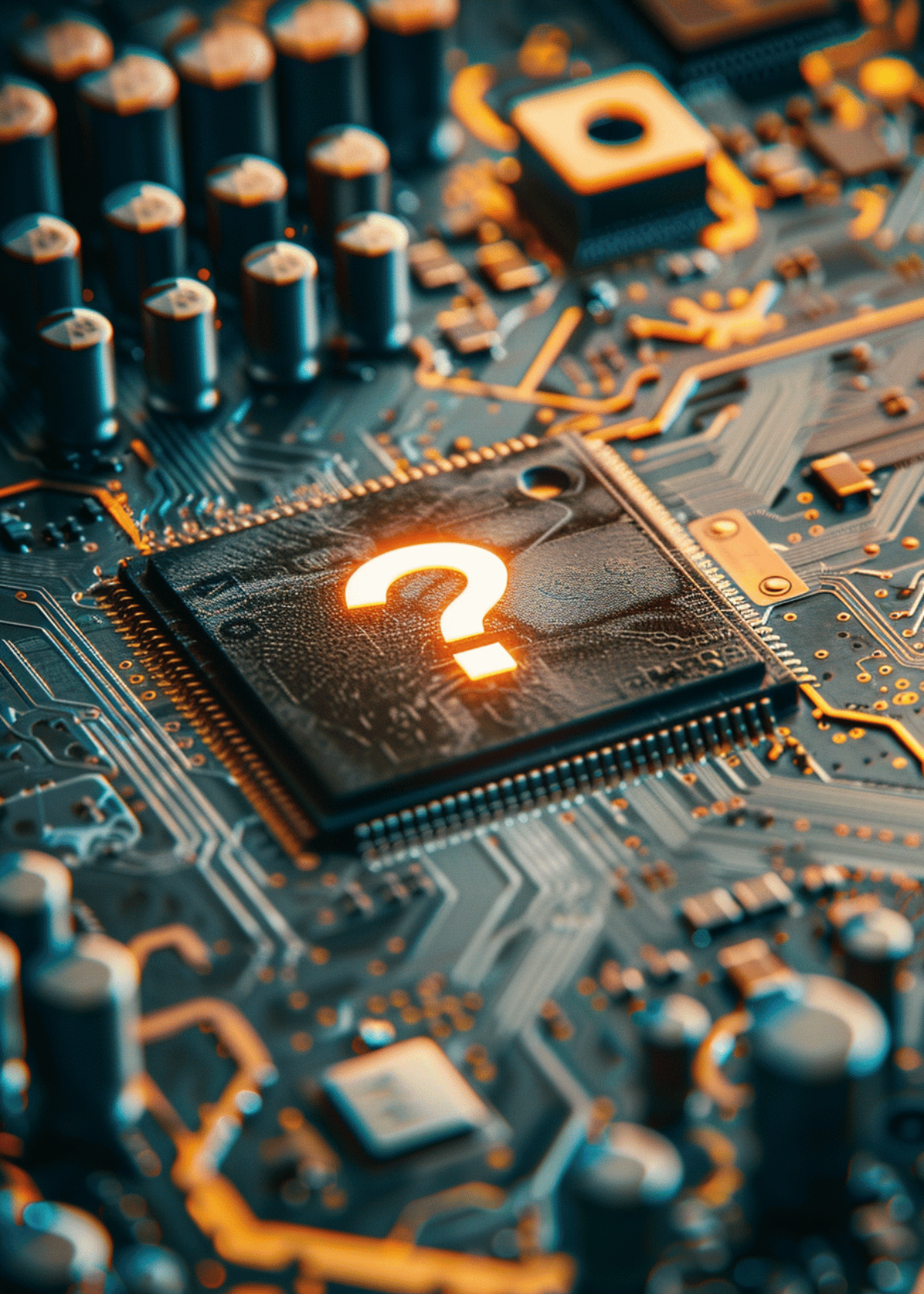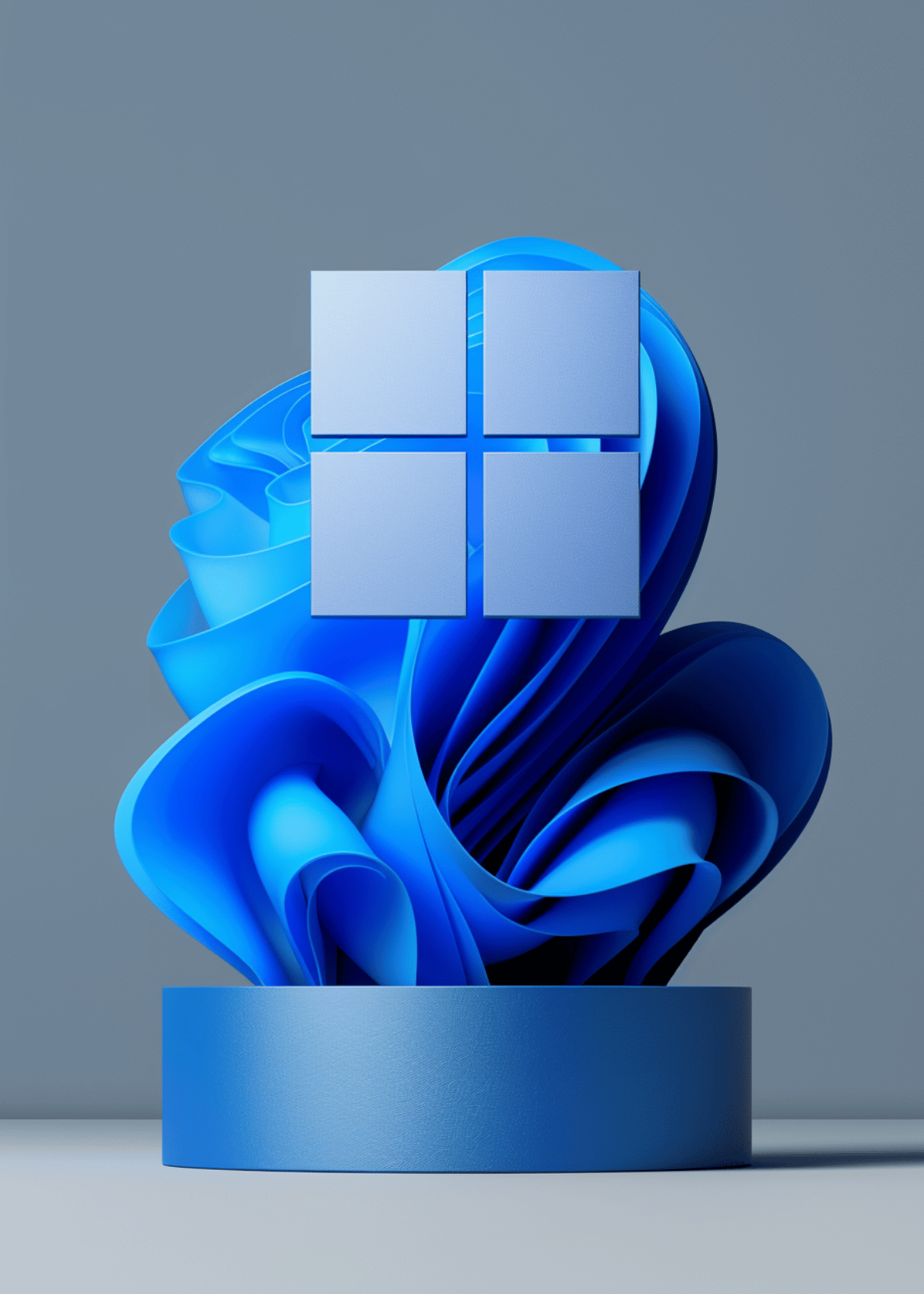Are Noise-Canceling Headphones Harmful to Your Ears? Potential Modern Day Danger ⚠

Noise-canceling headphones have become increasingly popular in recent years, as they offer a way to block out unwanted noise and create a more immersive listening experience.
These headphones use advanced technology to cancel out external sounds, allowing users to enjoy their music or podcasts without distraction. However, as with any technology that affects our hearing, there are concerns about the potential harm that noise-canceling headphones may cause to our ears.
In this article, we will explore the question of whether noise-canceling headphones are harmful to our ears and what steps we can take to use them safely.
How Noise-Canceling Headphones Work? 🤔
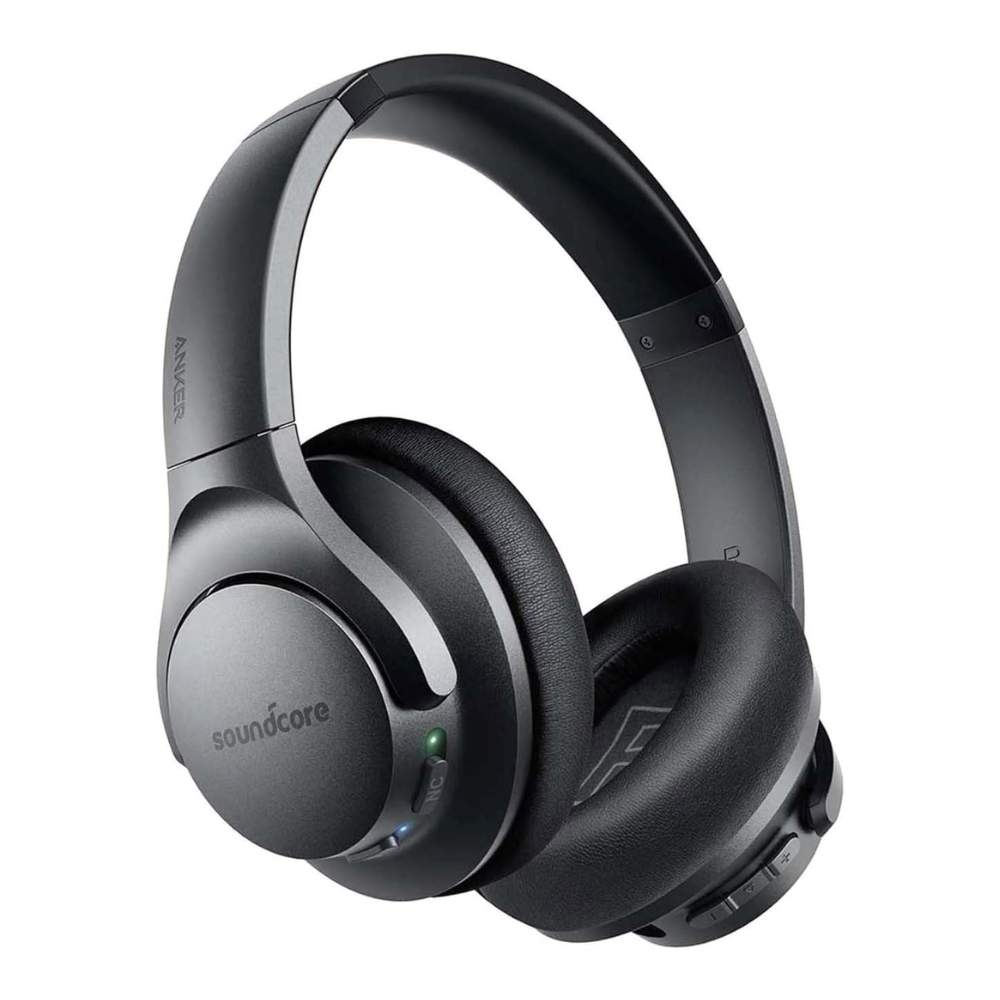
Noise-canceling headphones use advanced technology to reduce or eliminate external sounds, allowing users to listen to audio content without interference. The main technology used in noise-canceling headphones is called active noise cancellation, which involves the use of microphones and sound waves to cancel out incoming noise.
Active noise cancellation works by detecting external sounds using microphones on the headphones, which capture the sound waves and send them to a processor. The processor then creates a sound wave that is identical in amplitude and opposite in phase to the incoming sound wave. When these two waves combine, they cancel each other out, effectively reducing or eliminating the external noise.
Passive noise cancellation, on the other hand, does not use any technology to cancel out noise. Instead, it relies on the physical design of the headphones to block out external sounds. This can be achieved through the use of materials that absorb or reflect sound waves, as well as through the shape and size of the headphones.
While passive noise cancellation can be effective to some degree, it is generally not as effective as active noise cancellation, which can cancel out a wider range of frequencies. However, passive noise cancellation does not require any power source, and can be effective even when the headphones are turned off.
There are several advantages to using noise-canceling headphones. One of the main benefits is that they allow users to listen to audio content at lower volumes, as they block out external noise that would otherwise require higher volume levels to overcome. This can help to reduce the risk of hearing damage over time.
Noise-canceling headphones can also be beneficial for people who work or study in noisy environments, as they can help to increase focus and concentration. Additionally, they can be helpful for people who are sensitive to certain types of sounds, such as sudden loud noises or high-pitched sounds.
Potential Risks of Noise-Canceling Headphones ⚠
While noise-canceling headphones offer many benefits, there are also potential risks associated with their use. Here are some of the most common risks to be aware of:
Hearing Loss:
Exposure to loud noises can cause permanent hearing damage over time, and noise-canceling headphones can increase the risk of hearing loss if used improperly. Studies have shown that listening to music at high volumes through noise-canceling headphones can cause damage to the hair cells in the inner ear, which can lead to hearing loss over time.
Tinnitus:
Tinnitus is a condition where a person experiences ringing or other noises in their ears, even when there is no external sound present. Exposure to loud noises, including through noise-canceling headphones, can increase the risk of tinnitus.
Ear Infections:
Wearing headphones for extended periods can create a warm and moist environment in the ear, which can increase the risk of infections, such as swimmer's ear.
Factors That Can Increase the Risk of Harm:
Volume levels: Listening to music at high volumes through noise-canceling headphones can be particularly harmful to hearing health. Experts recommend keeping the volume below 60% and taking frequent breaks to reduce the risk of hearing damage.
Duration of use: Wearing headphones for extended periods can increase the risk of hearing damage and ear infections. Experts recommend taking regular breaks and limiting use to no more than 60 minutes at a time.
Fit of the headphones: Wearing headphones that do not fit properly can cause discomfort and increase the risk of ear infections. It is important to choose headphones that fit well and are comfortable to wear for extended periods.
Underlying health conditions: People with certain underlying health conditions, such as hearing loss or tinnitus, may be at a higher risk of harm from using noise-canceling headphones. It is important to consult with a healthcare provider if you have any concerns about your hearing health.
It is important to use noise-canceling headphones safely to reduce the risk of harm. By monitoring volume levels, taking breaks, and using headphones that fit properly, we can enjoy the benefits of noise-canceling headphones without compromising our hearing health.
How to Use Noise-Canceling Headphones Safely? 🦺
To reduce the risk of harm from using noise-canceling headphones, it is important to use them safely. Here are some tips to help you use noise-canceling headphones safely:
Take breaks:
Experts recommend taking regular breaks to give your ears a rest and reduce the risk of hearing damage. For example, you can take a 10-15 minute break every hour or limit your use to no more than 60 minutes at a time.
Limit volume levels:
Listening to music at high volumes through noise-canceling headphones can be particularly harmful to hearing health. Experts recommend keeping the volume below 60% and using volume-limiting features if available.
Use them in quiet environments:
Using noise-canceling headphones in noisy environments can increase the risk of hearing damage, as you may need to turn up the volume to overcome external noise. Whenever possible, use noise-canceling headphones in quiet environments to reduce the risk of harm.
Choose headphones that fit well:
Wearing headphones that do not fit properly can cause discomfort and increase the risk of ear infections. It is important to choose headphones that fit well and are comfortable to wear for extended periods.
Use features that enhance safety:
Some noise-canceling headphones come with features that can enhance safety, such as automatic volume limiting and transparency modes. Automatic volume limiting can help to reduce the risk of hearing damage by keeping the volume below a certain level, while transparency modes allow you to hear external sounds while still enjoying the benefits of noise cancellation.
Other Benefits of Noise-Canceling Headphones
In addition to reducing external noise and allowing users to listen to audio content without distraction, noise-canceling headphones offer other benefits as well. Here are some additional advantages of noise-canceling headphones:
Reducing Stress:
Noise-canceling headphones can help to reduce stress and anxiety by creating a more peaceful listening environment. By blocking out external noise, noise-canceling headphones can create a sense of calm and relaxation.
Improving Focus:
By blocking out external distractions, noise-canceling headphones can help to improve focus and concentration. This can be particularly useful for people who work or study in noisy environments.
Enhancing Audio Quality:
By reducing external noise, noise-canceling headphones can enhance the overall audio quality of music and other audio content. This is because the headphones do not have to compete with external noise to produce clear sound.
Studies have also shown that noise-canceling headphones can have a positive impact on productivity and mental health. For example, a study published in the Journal of Consumer Research found that noise-canceling headphones can improve cognitive performance in noisy environments, leading to better productivity and decision-making.
Comparison With Other Types of Headphones 👀
While noise-canceling headphones offer many benefits, they are not the only type of headphones available. Here is a comparison of noise-canceling headphones with other types of headphones:
In-Ear Headphones:
In-ear headphones are small earbuds that fit inside the ear canal. They are lightweight and portable, but may not offer as good sound quality or noise isolation as noise-canceling headphones.
Over-Ear Headphones:
Over-ear headphones are larger and cover the entire ear. They offer better sound quality and noise isolation than in-ear headphones, but may not be as portable or comfortable to wear for extended periods.
On-Ear Headphones:
On-ear headphones sit on top of the ear and are smaller than over-ear headphones. They offer good sound quality and noise isolation, but may not be as comfortable to wear for extended periods as noise-canceling headphones.
When choosing headphones, it is important to consider factors such as sound quality, comfort, and safety. While noise-canceling headphones offer many benefits, they may not be the best choice for everyone. By comparing different types of headphones and considering your individual needs and preferences, you can choose the headphones that are right for you.
Advice From Experts and Manufacturers 💭
To help users use noise-canceling headphones safely, hearing experts and manufacturers offer recommendations and guidelines. Here are some of the most common recommendations:
- Follow safe listening practices: Experts recommend following safe listening practices, such as limiting volume levels and taking breaks to reduce the risk of hearing damage.
- Choose high-quality headphones: High-quality noise-canceling headphones are often designed with safety in mind, with features such as automatic volume limiting and transparency modes to enhance safety.
- Use headphones in quiet environments: Using noise-canceling headphones in quiet environments can reduce the risk of harm from high volume levels and allow users to enjoy the benefits of noise cancellation without compromising their hearing health.
- Be aware of potential risks: It is important to be aware of the potential risks associated with noise-canceling headphones, such as hearing loss and tinnitus, and to take steps to reduce the risk of harm.
Ultimately, the responsibility for using noise-canceling headphones safely lies with the user. By following safe listening practices, choosing high-quality headphones, and being aware of potential risks, users can enjoy the benefits of noise-canceling headphones without compromising their hearing health.
Now You Can Enjoy Noise-Cancellation & Not Have To Worry About Your Hearing! 😁
In conclusion, noise-canceling headphones offer many benefits, including reducing external noise and enhancing audio quality. However, they also come with potential risks, such as hearing loss and tinnitus, if not used safely. By following safe listening practices and using noise-canceling headphones responsibly, users can enjoy their benefits without compromising their hearing health. It is important to be aware of the potential risks and to choose headphones that fit well and are comfortable to wear for extended periods. By choosing the right headphones and using them safely, we can enjoy the benefits of noise-canceling headphones while protecting our hearing health.
More For You ⬇🔊⬇
